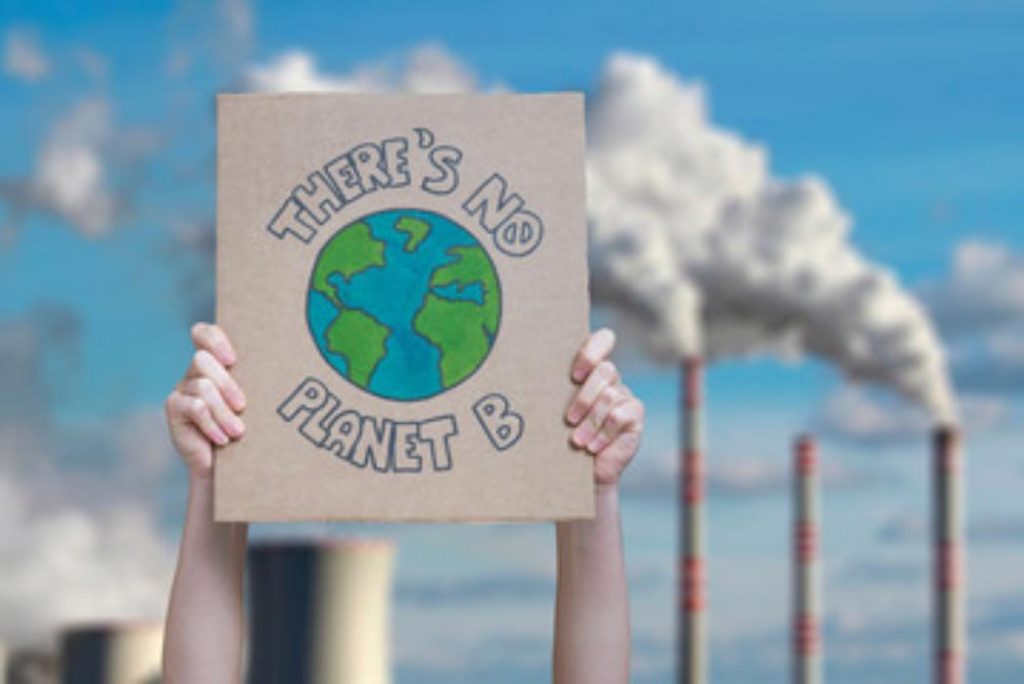International Organizations are institutions drawing membership from at least three states, having activities in several states, and whose members are held together by a formal agreement. Many international organizations are intergovernmental such as the United Nations, World Health Organization, and World Labor Organization, NATO, and OPEC. Each are formulated of multiple governments which forms the international organization and serves a main purpose regarding international relations. There are also big corporations that make up international organizations such as Apple, Toyota, Coca-Cola, Amazon, Nike, and many others. Each international organization has many different functions such as collecting information and monitoring trends, delivering services and aid, and providing forums for bargaining and settling disputes.
When it comes to international relations each institution works together with other states to provide a service whether it’s politically or economically to achieve goals and objectives within the authority of each state members.
International Organizations plays a major role in Globalization as there is an increase in the flow of goods, services, people, money, and ideas. In Pease section on Liberalism on International Organizations states that, “International organizations help states overcome collective action problems and promote economic prosperity and global welfare” (Pease p.72). International organizations can provide security, trade opportunities, stronger relationships, and a more powerful voice in the international arena with regarding international relations. An example of this would be the United Nations as the UN provides resources to promote development, improve living standards of people, and human skills. The United Nation also promotes international cooperation against terrorism and prevents genocide attacks.
However, there can also be flaws in International Organizations such as the World Trade Organization in the way they conduct the affairs of the organization where big companies and influential governments dictate policy. This can be viewed as unfair as the World Trade Organization mainly acts in the interests of governments and other big corporations, which means that they do not work to guarantee the rights of consumers and developing countries suffer the most as the rules are unfavorable due to their weak influence on policy. This is best described in Pease section on Realism on International Organizations as it states, “International organizations can also play an intervening role in great power calculations (Hurd 2017, 19–21) …These organizations are used by the hegemon and great powers to further their interests in the international system” (Pease p.59). The daily operations of most international organizations are managed by specialized international bureaucracies and the authority rests within state members. Many International Organizations often work closely with other organizations as a way of providing public support, monitoring the effectiveness of international aid, and providing information and expertise. Each International Organization plays an important role in international relations as they all work together to achieve common objectives and help promotes positive cooperative behavior within individual states and the rest of the world.
Works Cited
Pease Realism on ios. Kelly-Kate S. Pease – International Organizations_ Perspectives on Global Governance-Routledge (2018) (wooster.edu)
Pease Liberalism on ios. Kelly-Kate S. Pease – International Organizations_ Perspectives on Global Governance-Routledge (2018) (wooster.edu)
International Organization | National Geographic Society

